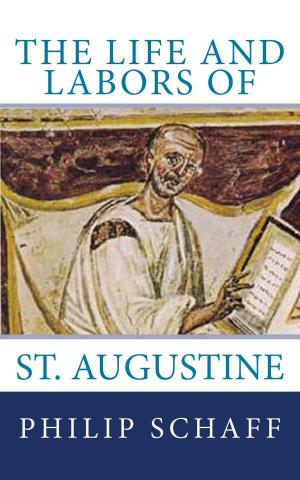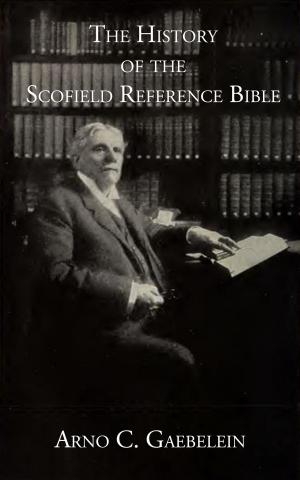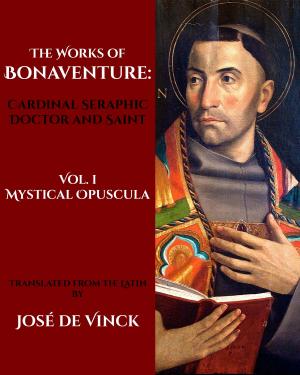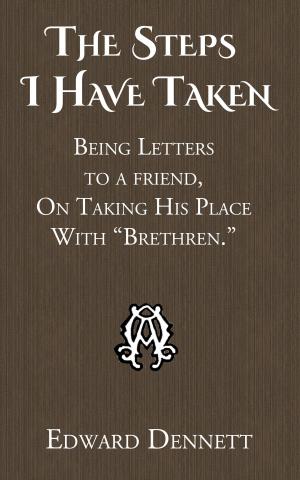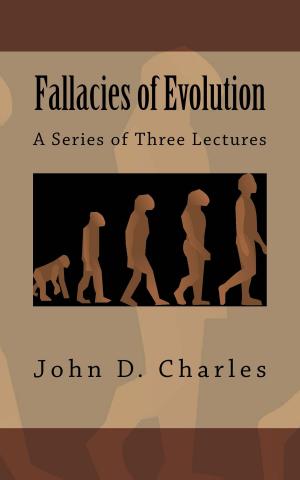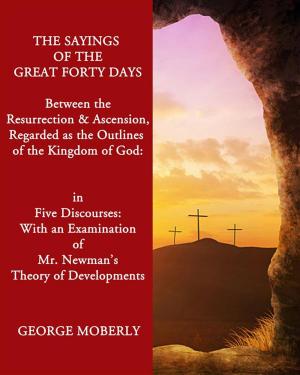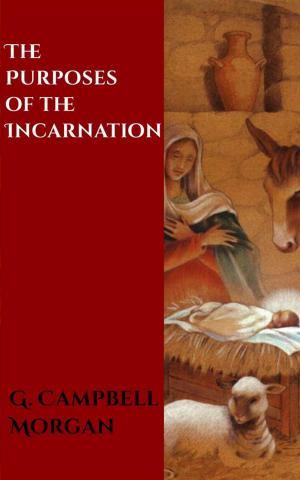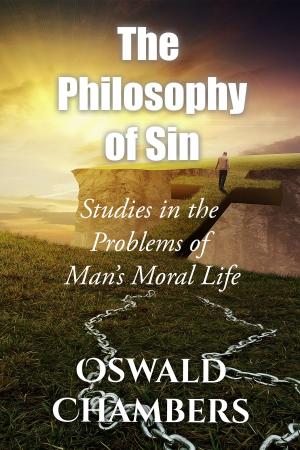Life Problems
Nonfiction, Religion & Spirituality, Christianity, Christian Literature, Christian Life| Author: | G. Campbell Morgan | ISBN: | 1230001944839 |
| Publisher: | CrossReach Publications | Publication: | September 30, 2017 |
| Imprint: | Language: | English |
| Author: | G. Campbell Morgan |
| ISBN: | 1230001944839 |
| Publisher: | CrossReach Publications |
| Publication: | September 30, 2017 |
| Imprint: | |
| Language: | English |
The first problem that faces the thinking mind is the problem of Self. Who am I? What am I? Whence came I? Whither go I? What mean these strange conflicting elements within my nature? How is it that one day I love, and within an hour I hate? What is the meaning of all these strange contradictory experiences as I take my way through life?
Our present consideration is confined within very narrow limits. We shall endeavor to answer the psalmist’s question, “What is man?” in the light of the New Testament revelation. “What is man?”—not, What is man, blighted, dwarfed, broken, sin-stained, as we know him? That will be a subject for future consideration; but what is man in himself—what is the Divine ideal? When, far away in the past, God said, in that Eternal Counsel of His own being, “Let us make man,” what had He in His thought and on His heart? “What is man?” In order that we may understand the problem as it presents itself today, it is absolutely necessary that we get further back in the question, and ask the original intention and meaning of the creation of man. I cannot understand fallen man, sinful and heartbroken, save as I have the vision of man unfallen, without sin, whole in heart and affection toward God. “What is man?” For the sake of the youngest reader, let me take the simplest illustration. Were I a stranger to this land, and were I suddenly brought here from some of the dark places of the earth, did I know nothing of civilization, naught of all the progress of this rapidly fading century, and were I placed first of all in connection with our great railway system on some point where an hour before there had been a fearful wreck, would it be fair to say to me as I gazed upon the wreck of the locomotive and train scattered in confusion, “That is a train”? Every child will see how absurd it would be. That is the wreckage, the result of the accident, and it is the very splendor of the construction that has made that wreckage so profound and appalling. If I want to know what a train is, I must find out before the accident. “What is man?” It is not fair to point to man as you see him to-day, with the blemish and blight of sin upon him; with the dimness of sin in his eye, and the weariness of sin in his physical frame; with his mental vigor enfeebled, and spiritual power benumbed.
The first problem that faces the thinking mind is the problem of Self. Who am I? What am I? Whence came I? Whither go I? What mean these strange conflicting elements within my nature? How is it that one day I love, and within an hour I hate? What is the meaning of all these strange contradictory experiences as I take my way through life?
Our present consideration is confined within very narrow limits. We shall endeavor to answer the psalmist’s question, “What is man?” in the light of the New Testament revelation. “What is man?”—not, What is man, blighted, dwarfed, broken, sin-stained, as we know him? That will be a subject for future consideration; but what is man in himself—what is the Divine ideal? When, far away in the past, God said, in that Eternal Counsel of His own being, “Let us make man,” what had He in His thought and on His heart? “What is man?” In order that we may understand the problem as it presents itself today, it is absolutely necessary that we get further back in the question, and ask the original intention and meaning of the creation of man. I cannot understand fallen man, sinful and heartbroken, save as I have the vision of man unfallen, without sin, whole in heart and affection toward God. “What is man?” For the sake of the youngest reader, let me take the simplest illustration. Were I a stranger to this land, and were I suddenly brought here from some of the dark places of the earth, did I know nothing of civilization, naught of all the progress of this rapidly fading century, and were I placed first of all in connection with our great railway system on some point where an hour before there had been a fearful wreck, would it be fair to say to me as I gazed upon the wreck of the locomotive and train scattered in confusion, “That is a train”? Every child will see how absurd it would be. That is the wreckage, the result of the accident, and it is the very splendor of the construction that has made that wreckage so profound and appalling. If I want to know what a train is, I must find out before the accident. “What is man?” It is not fair to point to man as you see him to-day, with the blemish and blight of sin upon him; with the dimness of sin in his eye, and the weariness of sin in his physical frame; with his mental vigor enfeebled, and spiritual power benumbed.


